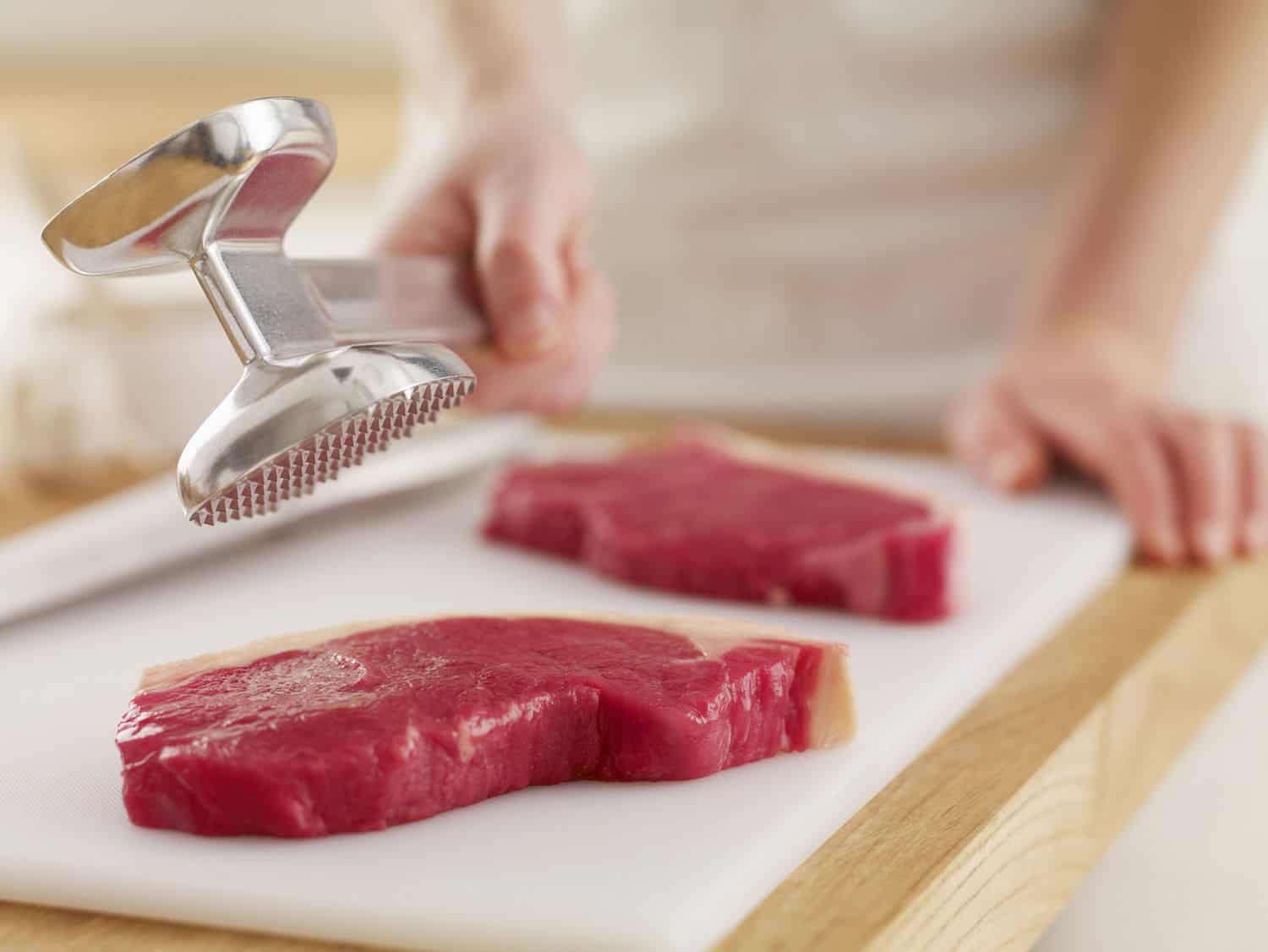When to Use a Meat Tenderizer: A Guide for Barbecue Enthusiasts
Written By James Morgan
Barbecue enthusiasts understand that the key to a perfect barbecue isnt just about the grilling technique. The preparation stage, including the use of a meat tenderizer, plays an integral role. But exactly when to use a meat tenderizer? This comprehensive guide aims to decode the mystery behind this essential tool for meat aficionados.

Understanding Meat Tenderizers
Meat tenderizers come in various shapes and forms from mechanical tools to enzymatic powders. They serve one common purpose: breaking down the muscle fibers in meat to render it tender and succulent. But when should you reach for one?
The Science Behind Tenderizing Meat
Before diving into the scenarios where a meat tenderizer is beneficial, its crucial to grasp the science behind it. Using a meat tenderizer alters the physical and chemical structure of meat. Mechanical tenderizers puncture or shear through muscle fibers while enzymatic tenderizers use natural enzymes to break down connective tissues.

When Should You Use a Meat Tenderizer?
Meat tenderizers are effective, but their application should be strategic. Heres a breakdown of scenarios where they come in handy:
1. Tough Cuts of Meat
If youre working with inherently tough cuts like chuck, brisket, or round, a meat tenderizer can be a game-changer. These cuts have a higher collagen content, which can result in tough and chewy meat if not properly prepared. Using a tenderizer can help break down these fibers, making the meat more enjoyable to eat.
2. Short Cooking Times
When youre short on time and cant afford slow-cooking methods like braising or smoking, using a meat tenderizer allows you to achieve tenderness quickly. This is particularly useful for weeknight grills where time is of the essence.
3. Marinating for Flavor
Marinades infused with natural tenderizers like papaya or pineapple enzymes can work wonders on meat. However, using a meat mallet before marinating can enhance the absorption of flavors as it opens up the muscle fibers, allowing the marinade to penetrate more effectively.
4. Preparing Barbecue Classics
Classic barbecue preparations like kebabs, satays, or Philly cheesesteaks benefit enormously from a tenderizing process. Ensuring the meat is tender before it hits the grill can make a substantial difference in the final dishs texture and taste.

Best Practices for Using a Meat Tenderizer
Choose the Right Tool
Not all tenderizers are created equal. For tougher cuts, mechanical tenderizers work best, while enzymatic powders are perfect for quick fixes. Be sure to select the appropriate type based on your meat and cooking method.
Tenderize Evenly
Ensure that you apply consistent pressure across the meat surface to avoid uneven cooking and texture. Uneven tenderizing can lead to some parts of the meat being overly tender while others remain tough.
Exercise Caution
While tenderizing can enhance texture, overdoing it might result in a mushy consistency. Its crucial to strike a balance and understand that enough is as good as a feast.

Additional Resources on Meat Tenderizing
To delve deeper into the art and science of meat tenderizing, check out this informative article on How to Tenderize Meats.
FAQ Section
1. Is a meat tenderizer always necessary?
No, it's not always necessary. Tenderizing is particularly useful for tough cuts or when you are short on time. Its a tool to enhance, not a necessity.
2. Can I over-tenderize meat?
Yes, over-tenderizing can make meat mushy. Its important to apply the right amount of pressure and time for optimal results.
3. What are natural tenderizers?
Natural tenderizers include enzymes found in fruits like papaya and pineapple. These can be used in marinades to break down muscle fibers.
Conclusion
Understanding when to use a meat tenderizer can elevate your barbecue game to new heights. By leveraging this tool effectively, you can ensure that each bite is packed with flavor and tenderness, making your barbecue the talk of the town.
As an Amazon Associate, I earn from qualifying purchases.



